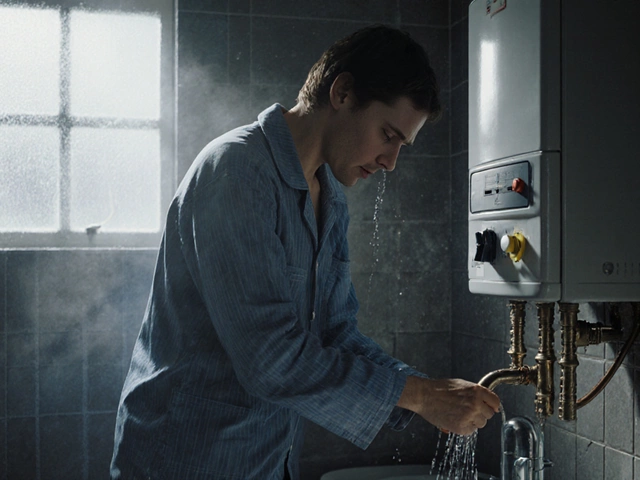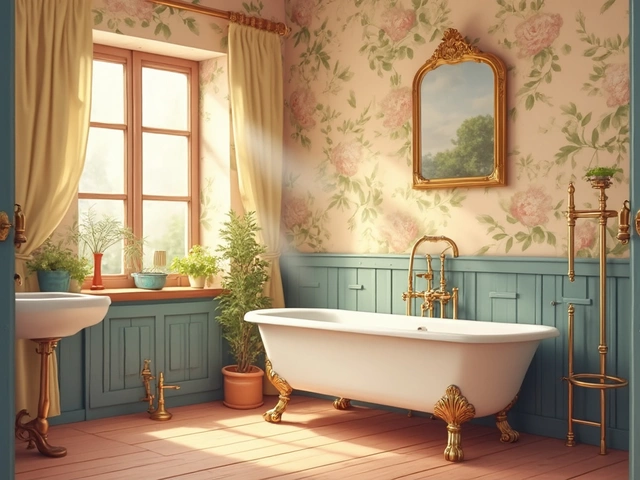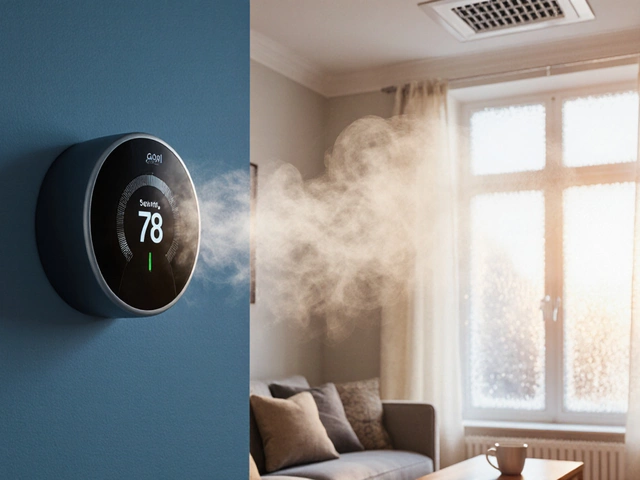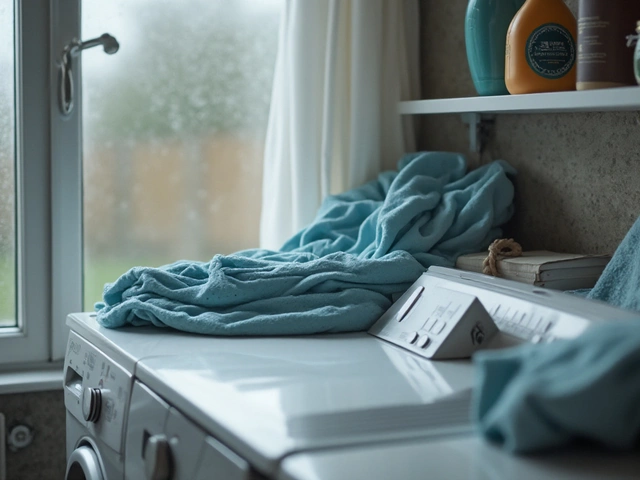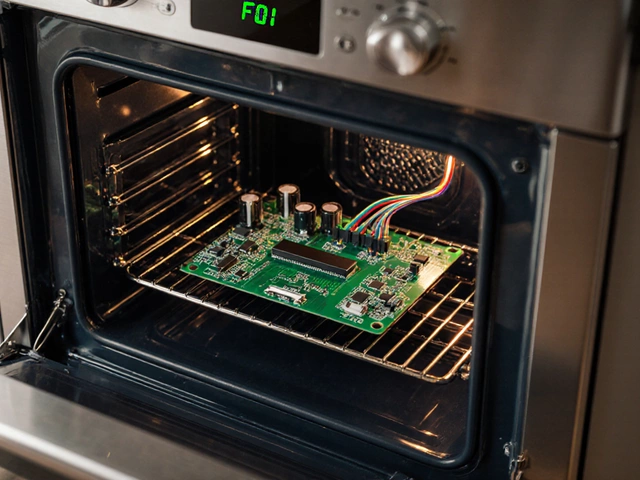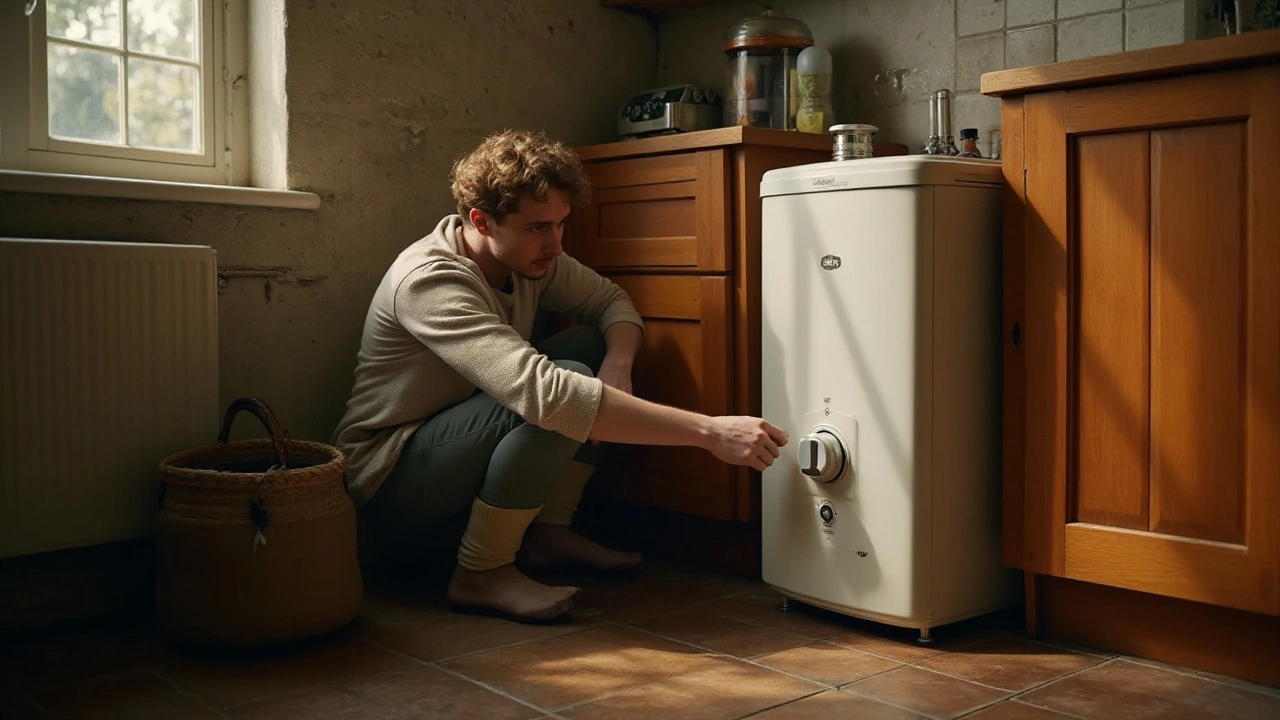Appliance Safety Tips for a Safer Home
Every day we rely on fridges, ovens, boilers and a host of other gadgets to make life easier. But when something goes wrong, safety can turn from a given to a worry. Below are the basics you need to keep your appliances running without putting anyone at risk.
Spot the Warning Signs Early
Most appliances give subtle clues before a serious problem shows up. A humming fridge that’s getting warm, a boiler that makes strange clunking noises, or an oven that won’t heat are all early alerts. If you notice odd smells, unusual sounds, or flickering lights, turn the unit off and give it a closer look. Ignoring these hints can lead to electrical fires, carbon monoxide leaks or water damage.
When to DIY and When to Call a Pro
Simple tasks like cleaning a dishwasher filter, checking that the fridge door seals properly, or descaling a kettle are safe to do yourself. However, once you have to open the housing, touch wires or replace a heating element, it’s time to call a qualified technician. In Rugby, our certified team can handle boiler repairs, electrical oven installations and more, ensuring the job meets safety regulations.
Here are three quick rules to decide:
- Power: If the appliance is still connected to mains electricity, stop and call a professional.
- Gas: Any gas‑related issue – clicking igniters, leaking smells – means you need a certified gas engineer immediately.
- Water: Leaking water near electrical parts is a red flag; shut the water supply and get help.
Even when you feel confident, a quick safety check by an expert can save you from costly repairs later on.
Regular maintenance is the easiest way to stay safe. Schedule a yearly service for your boiler, clean the lint trap in your dryer after each use, and defrost your freezer once a month. These habits keep wear and tear low and catch problems before they become emergencies.
Finally, keep safety gear handy. A fire extinguisher rated for electrical fires, a carbon monoxide detector near any gas appliance, and a basic toolbox with insulated gloves are small investments that pay big returns.
If you ever feel unsure, remember the golden rule: when in doubt, stop and call a professional. It’s better to spend a little on a qualified repair than to risk injury or a bigger mess.
At Rugby Appliance Repair Services we’re just a phone call away. Whether it’s a noisy boiler, a faulty oven or a fridge that’s not cooling, we’ll diagnose the issue, explain the safety steps, and fix it right the first time.
Stay safe, keep your appliances tidy, and enjoy a worry‑free home.
